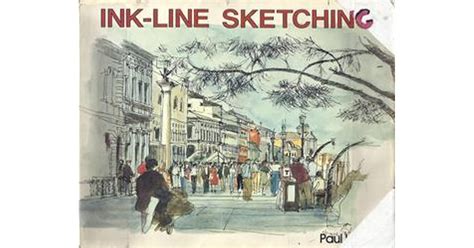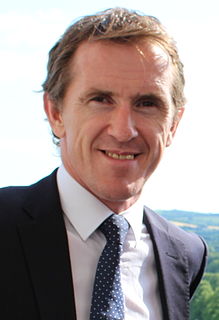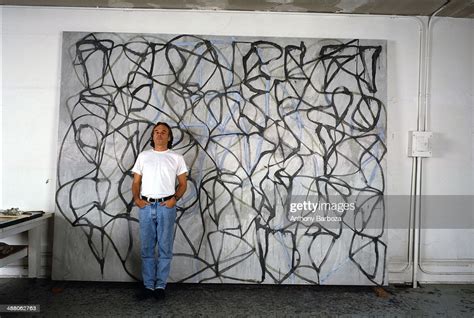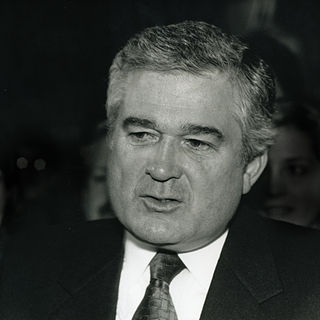A Quote by Margaret J. Wheatley
In fact, Western culture has spent decades drawing lines and boxes around interconnected phenomena. We've chunked the world into pieces rather than explored its webby nature.
Related Quotes
The argument now that the spread of pop culture and consumer goods around the world represents the triumph of Western civilization trivializes Western culture. The essence of Western civilization is the Magna Carta, not the Magna Mac. The fact that non-Westerners may bite into the latter has no implications for their accepting the former.
The new paradigm may be called a holistic world view, seeing the world as an integrated whole rather than a dissociated collection of parts. It may also be called an ecological view, if the term "ecological" is used in a much broader and deeper sense than usual. Deep ecological awareness recognizes the fundamental interdependence of all phenomena and the fact that, as individuals and societies we are all embedded in (and ultimately dependent on) the cyclical process of nature.
By the nature of the sport and the danger we face daily, we are very close knit. Some of us have spent most of our lives together. To give you an example, having spent two decades sitting next to Richard Johnson and seeing him virtually every day, I have probably spent more time with him than I have my family, and he the same.
Especially for those of us living in the Western culture, death to a large extent is still a taboo subject. It's considered something dreadful that shouldn't be happening. It's usually denied. The fact of death is not faced. What we don't realize in Western culture is that death has a redemptive dimension.
If there is such a thing as being conditioned by climate and geography, and I think there is, it is the West that has conditioned me. It has the forms and lights and colors that I respond to in nature and in art. If there is a western speech, I speak it; if there is a western character or personality, I am some variant of it; if there is a western culture in the small-c , anthropological sense, I have not escaped it. It has to have shaped me. I may even have contributed to it in minor ways, for culture is a pyramid to which each of us brings a stone.
We, including many Christians, read the Bible through "eyes" conditioned by, and even accommodated to, modern Western culture plus the influences of messages and ideas from other cultures that are alien to the worldview of the biblical writers. Therefore, in order fully to understand the Bible and allow the Bible to absorb the world (rather than the world - culture - absorb the Bible) we must practice an "archaeology" of the biblical writers' implicit, assumed view of reality.






































